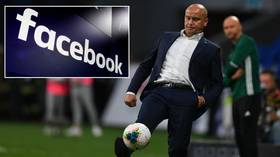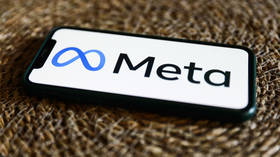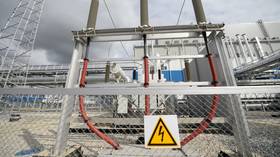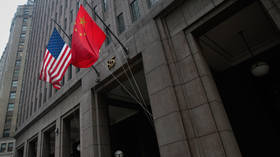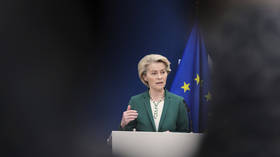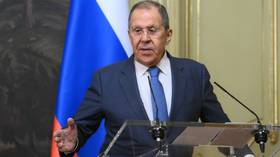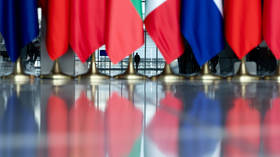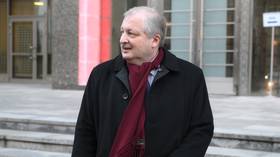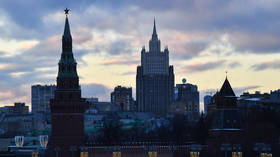Meta ordered to pay $1 million to former football star
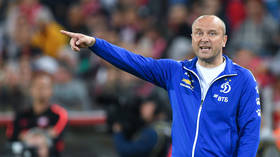
A Moscow district court has ordered US tech giant Meta to pay more than 65 million rubles ($1.05 million) in compensation to former Russian international footballer Dmitry Khokhlov. The case involved claims that Facebook had frequently blocked his name by interpreting it as an insult towards Ukrainians.
Solntsevo District Court in the Russian capital partially satisfied the claim from Khokhlov, 46, in a ruling delivered on Tuesday. Meta was ordered to unblock all references to Khokhlov on its social media networks, as well as pay compensation of 64 million rubles for damage done to his name, 1 million rubles in moral damages, and 571,000 rubles in legal costs.
The court noted that the decision was made without the presence of representative from Meta, although the company has the right to appeal the decision.
“This is an absentee decision, it takes a little longer, first they must be notified, we will notify them through America,” said Khokhlov’s lawyer, Anna Varganova, commenting to TASS.
“It will take time, after it comes into force, they will have time to file or not file a complaint. If they do not file a complaint, then a writ of execution will be issued.”
Varganova added that even though Meta is banned in Russia for “extremist activity”, she and her client would pursue the compensation payment as the problem remains with Khokhlov’s name for users outside the country.
Khokhlov and his legal team launched their case last year and had been seeking up to 150 million rubles in compensation. They accused Facebook of causing “moral harm” by interpreting Khokhlov’s name as a derogatory term for Ukrainians.
According to the claims, Facebook and Instagram blocked uses of his surname through their algorithms because of its similarity to the word ‘khokhol’, which is sometimes used derisively to refer to Ukrainians.
Reports of Facebook banning the use of ‘khokhol’ and its derivatives first emerged in 2015, triggering debate over its application.
The term traditionally described the Ukrainian Cossack style of haircut but has sometimes taken on derogatory connotations when used by Russian speakers.
“My name is being blocked. Neither me, my friends or acquaintances can use Facebook and Instagram normally,” Khokhlov said last year.
It was argued that blocking Khokhlov’s name meant he appeared less frequently in searches and press publications, which could diminish potential sponsorship offers.
The Krasnodar-born Khokhlov made 53 appearances for the Russian national team during his playing days, scoring six times.
His club career included spells at Moscow teams CSKA, Dynamo, and Lokomotiv, while he also played abroad at Real Sociedad in Spain and PSV Eindhoven in the Netherlands.
Following his retirement from playing, the midfielder moved into coaching and last managed Rotor Volgograd, leaving his role in November 2021.
Earlier this month, Russia’s federal service for financial monitoring, Rosfinmonitoring, declared Meta a “terrorist and extremist” organization.
The company – which is headed by US tech billionaire Mark Zuckerberg and was formerly known as Facebook – also counts the popular WhatsApp messenger service among its platforms.
All of Meta’s activities and services, with the exception of WhatsApp, have been banned in Russia after the US-based tech giant was accused of allowing hate speech directed toward Russian nationals on its platforms.
It was also accused of refusing to remove what Moscow said was false content about the conflict in Ukraine.
